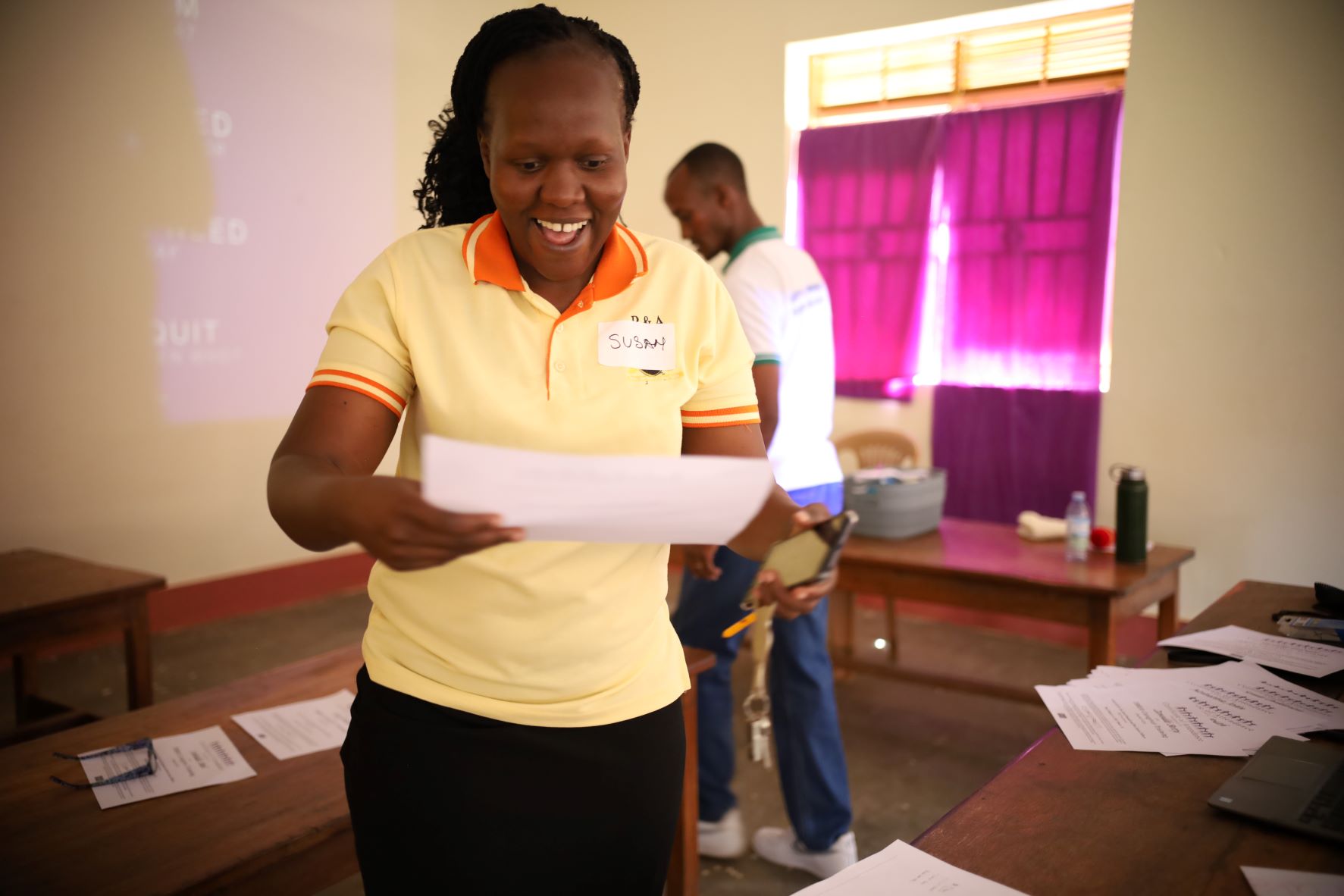Meeting the Need

The Issues We Address
OrphanWise leverages the power of Trust Based Relational Intervention® to bring hope and healing to children who have experienced trauma. As an interventional tactic, TBRI® empowers caregivers to better care for children from hard places through connection, empowerment and correction.
By replacing the cycle of re-traumatization with a cycle of healing, OrphanWise can mitigate some of the costs associated with the following systemic issues:
Foster Parent Turnover
In a three-state study, researchers discovered between 47 and 62 percent of foster parents exited foster parenting within a year of the first placement in their home, many of whom listed stress as a primary cause. With an estimated cost of $6,000 to recruit, license and train two foster parents, turnover is a costly problem.
Because parents who have undergone TBRI® training report significantly less stress as reported on the Parental Stress Scale, the work OrphanWise does is likely to reduce the public cost associated with foster parent turnover.
Childhood PTSD
A 2005 Harvard study indicated that children in the foster care system are twice as likely to develop PTSD as soldiers returning from war. Nonfatal child maltreatment, just one of the factors intimately connected to the development of PTSD, is estimated to bear a total lifetime cost per child of $210,000 in medical, educational and legal costs. Through our evidence-based method, OrphanWise can mitigate some of these costs by equipping caregivers to heal the scars left by abandonment and abuse.
Youth Violence
Youth violence bears an estimated $21 billion price tag in the United States alone. That figure encompasses combined medical and lost productivity costs and does not take into account the significant costs associated with the criminal justice system, psychological and social consequences for victims, perpetrators and their families.
When youth violence is reduced – even at the relatively small scale of a single group home or school – the effects can be tremendous. After just two years of TBRI® implementation, one school at a facility for at-risk youth reported a 93% decrease in referrals for physical aggression or fighting with peers.
Youth Incarceration
Even after children have been removed from dangerous home situations, the foster care system can be a perilous place. One study indicates that, by age 17, more than half of all children in the foster care system have experienced an arrest, conviction, or overnight stay in a correctional facility.
In the United States, the average cost of incarcerating a minor is $407 per day, if the most expensive option is used, resulting in an annual cost of nearly $150,000. Aside from the direct costs of incarcerating juveniles, juvenile incarceration costs state and local governments between $8 billion and $21 billion annually in the form of lost wages, fewer tax revenues, increased recidivism and increased reliance on public assistance. By equipping caregivers to diffuse tense situations before they escalate into prosecutable offenses, OrphanWise hopes to reduce youth incarcerations among its target audience.
Risky Sexual Behavior
Multiple studies indicate that adolescent girls who have been in the foster care system are significantly more likely to engage in health-risking sexual behaviors compared to their peers outside the system.
Girls in the foster care system are twice as likely as their peers to become pregnant by age 19. According to a focus group study of 120 foster youth, having a child is a way for some foster youth to create the family they did not have or fill an emotional void. In contrast, teenagers who feel highly connected to their parents— those who report that their parents are warm, caring and supportive —are less likely to become pregnant.
In 2010, the estimated public cost of teen pregnancy was $9.4 billion in the United States. Costs stem from the children born to teen parents, who are more likely to suffer poor health, underachieve in school, be incarcerated or placed in foster care, live in poverty and become teen parents themselves. By helping foster parents and other caregivers forge genuine connections with the children in their care, OrphanWise will reduce the public cost burden associated with risky sexual behavior in teens.
The OrphanWise Difference
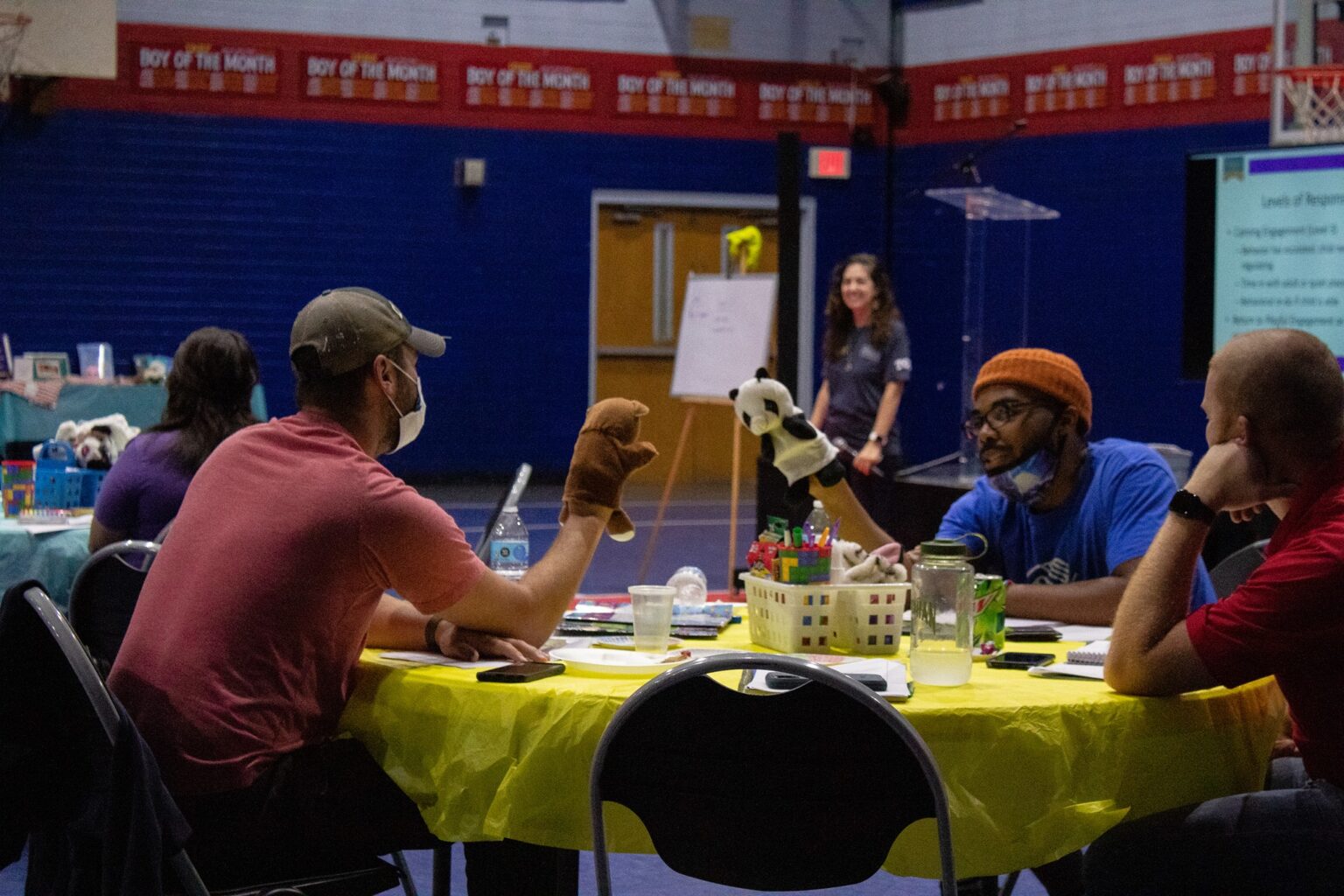
"Train-the-Trainer" Approach
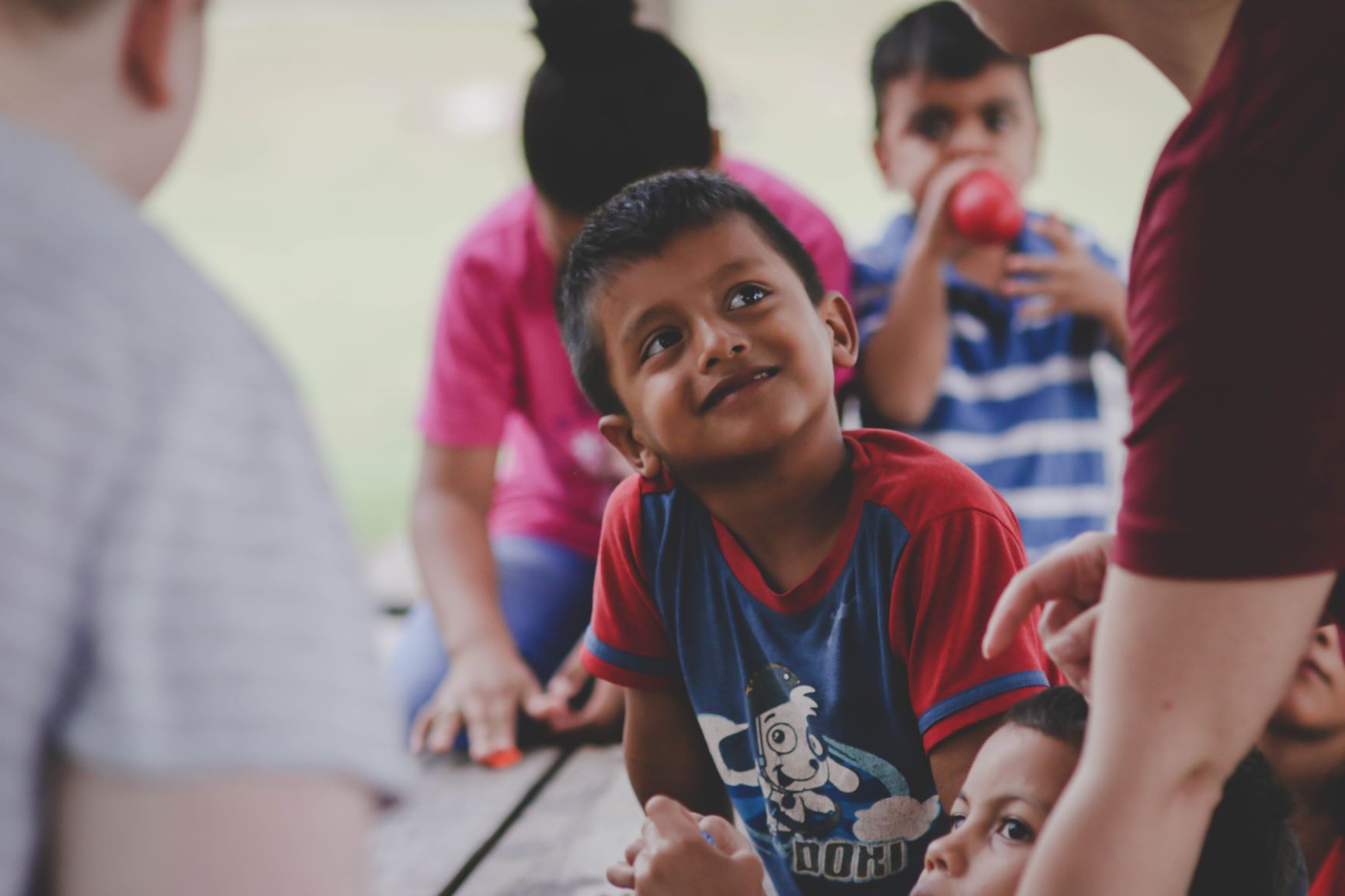
Big Impact, Small Price Tag
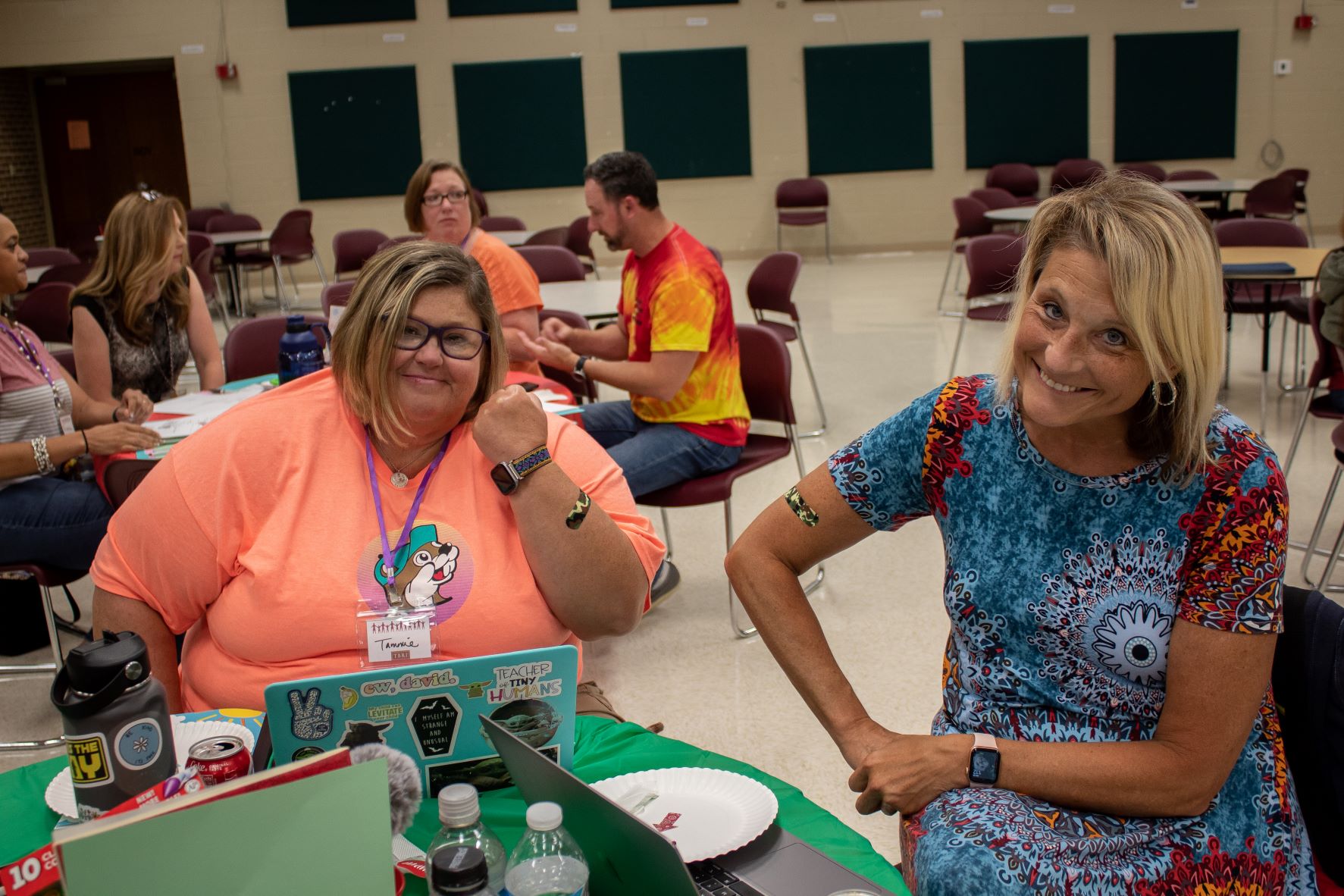
Creating Networks of Care
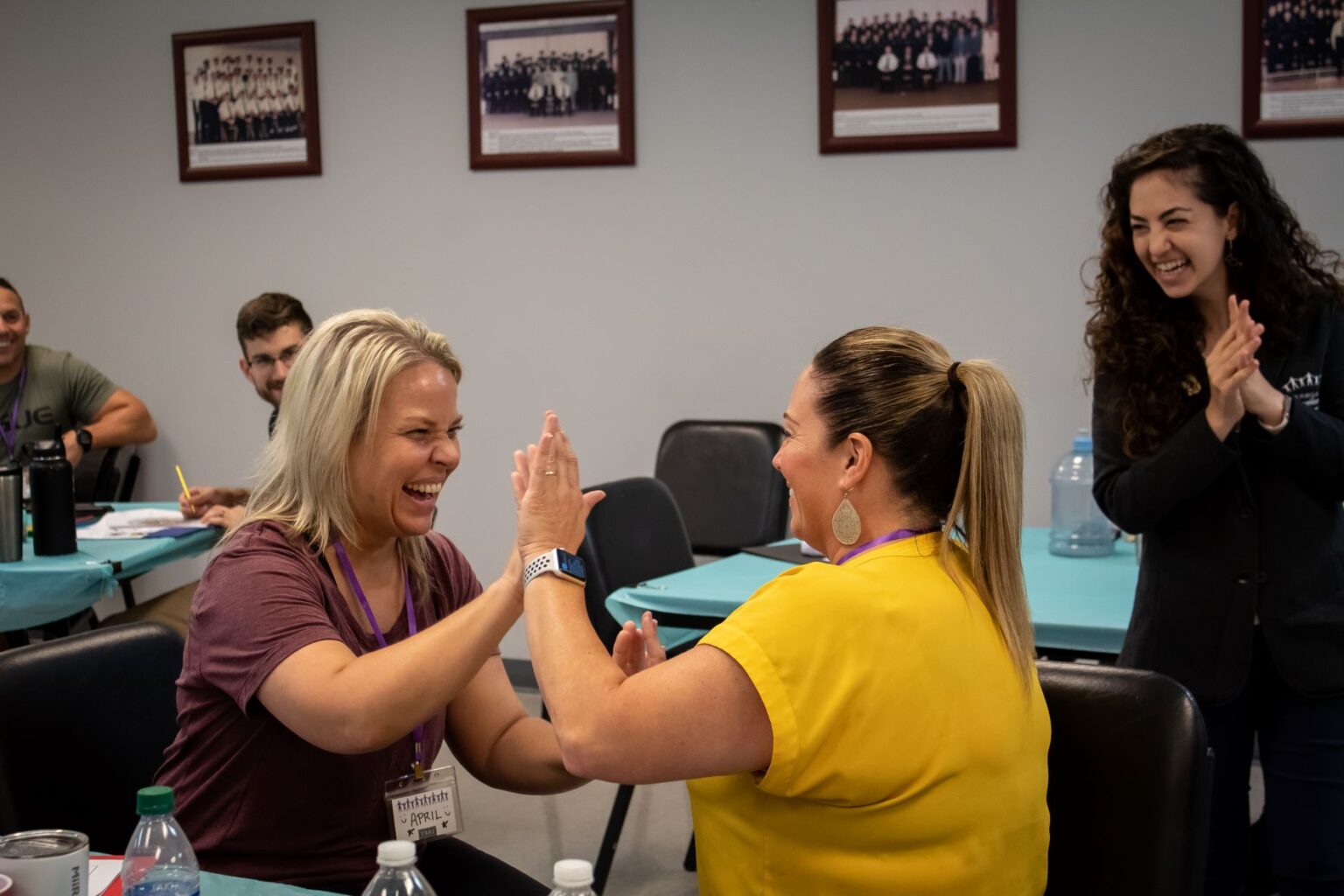
Highly Immersive Workshops

Tailored Follow-Up
